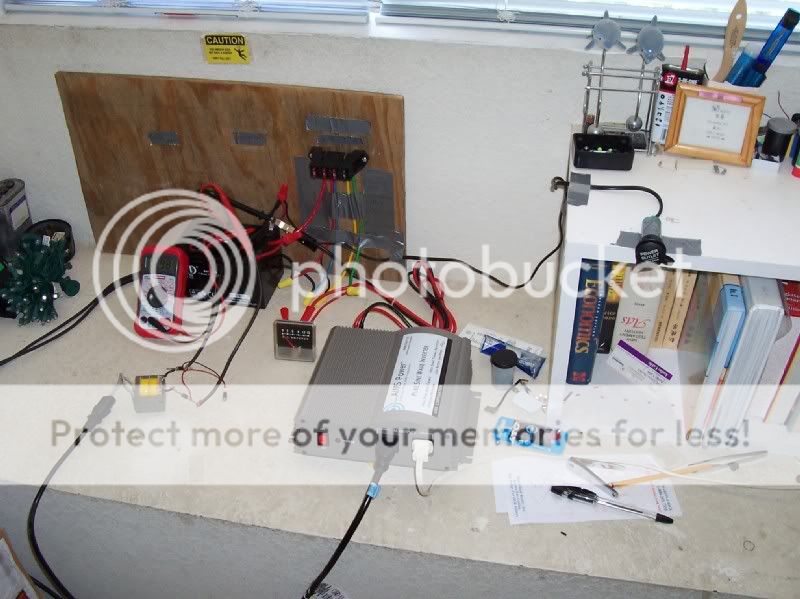The best place to get up to speed on solar power is to start reading Home Power magazine. Solar is actually quite simple, but like flashlights, it can get complicated and fun when people try to improve their basic system.
In my house, I run 120AC, 240AC, 6VDC, 12VDC and 24VDC, all from sets of solar panels, some wired in parallel for 24VDC and some for 12DC. Everything goes into a 12VDC battery bank. Since I'm way off grid, all my power comes from the sun or wind, because I've wired a wind generator into the system. I don't lose power during storms, I make it.
I've never heard of hail damage to solar panels. Usually, they are designed to handle anything the weather can throw at them.
But it's a great hobby, and you can start out small, maybe with a stand-alone system or one tied directly to the grid. Solar is modular, so you can start out with a panel or two.
Here are the parts for solar electric:
Solar panels: Usually set up to produce 17VDC so they can fill 12VDC batteries. Larager panels, 75 watts and up, are more economical to produce.
You can either run solar power into batteries, run it directly into the grid or use a hybrid system with both batteries and a grid intertie. You may or may not want to use a tracker, which turns the panels to face the sun during the day. These can be passive (use no power) or active (run by electricity).
Batteries: Deep cycle, usually 6VDC lead acid because they are most cost effective. You wire these in series/parallel for 12VDC or 24VDC or 48VDC. The higher voltages are becoming more popular because higher voltages can be sent farther down wires with less power loss and can use smaller, cheaper wires.
Controller: Prevents the solar panels from overcharging your batteries. The best controllers can accept high voltage from the solar panels (so you can place the panels far away and still deliver power to the batteries through small, cheap wires with little power loss) and step it down for the batteries.
Circuit disconnect: This is just a big circuit breaker. I can also be used as a DC breaker box.
System monitor: Basically a volt meter for the batteries and an ammeter to monitor the power your are using. Some have many other functions.
Inverter: Turns the DC into AC. If you have a straight grid system (no batteries) this is the only major component you'll need. Solar panels hook to the inverter and inverter is wired into your home breaker box and the computers in the inverter handle everything else. With a battery or battery hybrid system, you wire the batteries to the inverter and the inverter to the home breaker box. Get a pure sine wave inverter (not a modified sine wave inverter) because the electricity quality is much, much better.
Solar PV (photovoltaic, which makes electricity) can pay for itself very quickly, depending on your state and incentives available. There is a 30 percent tax credit (not deduction, but money back) of 30 percent up to $2,000 on systems installed this year and next. If you are in a net metering state, the PUD will have to buy power you put onto the grid, usually at the same price they charge you.
Efficiency: The real trick is to get energy efficient first. For reading, I use an LED light. It burns about 0.2 amps at 12V, vs 7 amps for a 75 watt incandescent that puts the same amount of light on the page. One hour of sunlight on my solar panels any time during the year -- just one hour -- will power my LED for 4 hours every night for a year.
Get rid of phantom power, which is the power appliances use when they are turned off. If I watch TV for 4 hours and turn it off for the other 20 hours, my old-technology set will use almost twice as much power during the 20 hours it was turned off as it did during the 4 hours it was turned on.
Use a tankless propane hot water heater and you'll save about $200 to $300 a year and never run out of hot water. Then tie the propane heater to a solar hot water heating system and you'll save even more.
If you really get into this, you can end up with a zero net energy house, meaning you produce as much power as you use.
Good luck. Solar is a great hobby that can pay for itself.
Josey





